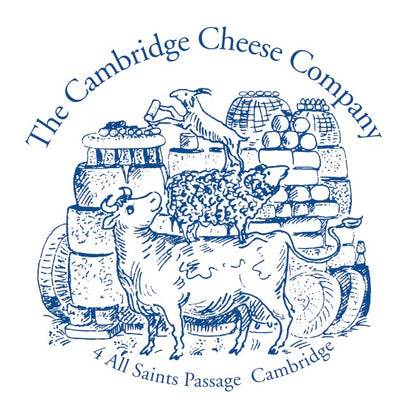Sea Sisters is Britain’s first craft cannery and is run by Charlotte and Angus in Bridport, West Dorset.
The idea for the company came about in 2020 when the couple found, during the Covid pandemic, while they were buying lots of tins and store cupboard products, that they couldn’t source any tinned fish from the UK, to feed them and their young family. They decided to create their own and then name the company in honour of their two daughters who showed ‘the immeasurable importance of sisterhood’ during that time.
Angus is the chef and has a background working in some amazing London restaurants. He started all the recipe testing in their tiny kitchen, whilst juggling parenting to two under twos. As a family who have long loved picking, spreading and snacking on delicious treats from a can, this business is hugely personal and important to them.
All Sea Sisters packaging is plastic free and 100% recyclable.
Sea Sisters source their fish from fisheries who use low impact methods, harvesting mature fish from abundant stocks. They support women fishermen, small fisheries and UK aquaculture.
Sea Sisters sardines are fished by a small fleet of fishers who use just 10 boats around Cornwall to catch their sardines. The Marine Conservation Society has certified their fishery. They use ring netting to harvest the sardines, one of the most sustainable ways of fishing which is gentle and has the lowest bycatch (under 2% in 2024).
Wild caught Cornish sardines are MCS approved as one of their ‘best choices’. MCS rating: 1-2.
Rating Guide
Rating 1: Best choice, the most sustainably produced seafood.
Rating 2: Best choice, some aspects of production could be improved.
Rating 3: Not entirely sustainable at this time, okay to eat occasionally.
Rating 4: Improvements need to be made, potential environmental issues associated with these products.
Rating 5: Fish to be avoided.


